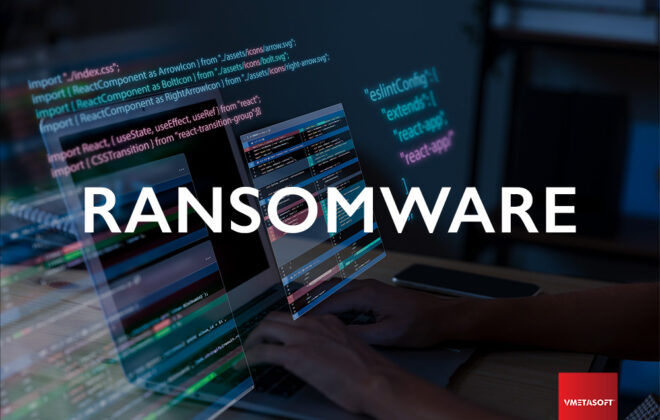What is AICPA-SOC Certification?
In today’s digital landscape, where organizations continually manage and process sensitive data, the significance of upholding robust information security and regulatory compliance measures cannot be overstated. Among the array of regulatory frameworks, SOC 2 compliance stands out as a pivotal standard that underlines a company’s dedication to safeguarding information security and data privacy.
Understanding SOC 2 Compliance: SOC 2, short for Service Organization Control 2, serves as a yardstick for evaluating a company’s controls pertaining to security, availability, processing integrity, confidentiality, and privacy of sensitive data. Formulated by the American Institute of Certified Public Accountants (AICPA), SOC 2 compliance essentially involves undergoing audits to assess the effectiveness of an organization’s security measures and data protection protocols.
Who Should Adhere to SOC 2?
Any entity offering services that involve the transmission, processing, or storage of client data should prioritize SOC 2 compliance. This encompasses a wide spectrum of industries ranging from cloud computing and finance to healthcare and technology. Notably, businesses entrusted with handling sensitive client data, such as personally identifiable information (PII) or financial data, are particularly urged to comply with SOC 2 standards. Furthermore, adherence to SOC 2 can align with other regulatory mandates like HIPAA, GDPR, or CCPA, reinforcing an organization’s commitment to data security and compliance.
Benefits of SOC 2 Compliance:
The advantages of SOC 2 compliance extend beyond mere regulatory adherence, encompassing:
- Enhanced trust and credibility among clients and stakeholders.
- Competitive edge over non-compliant counterparts.
- Mitigation of risks associated with data breaches and security incidents.
- Internal operational improvements and streamlined risk management.
- Alignment with various regulatory obligations.
- Facilitation of better vendor management and selection processes.
- Potential cost savings by averting costly security breaches.
Cost Considerations for SOC 2 Compliance:
While the benefits of SOC 2 compliance are substantial, organizations must be mindful of the associated costs. These costs typically include audit fees, expenses related to internal resources, investments in technology, legal fees, and remediation costs if non-compliance issues are identified. The total cost of SOC 2 compliance in 2024 is projected to range from $5,000 to $150,000, influenced by factors such as company size, operational complexity, maturity of security controls, chosen auditor, and the type of audit report (Type 1 or Type 2).
Conclusion:
In conclusion, SOC 2 compliance remains a cornerstone for organizations striving to uphold the highest standards of information security and data privacy. While the costs associated with SOC 2 compliance are significant, they are ultimately an investment in bolstering trust, mitigating risks, and maintaining regulatory compliance in an increasingly data-driven environment. By embracing SOC 2 compliance, organizations can not only safeguard sensitive data but also fortify their reputation and competitive standing in the marketplace.
Tags In
- Agriculture
- Artificial Intelligence
- Big Data
- Business Process Improvement
- Business Process Re-engineering
- Cloud Computing
- CRM software
- Cyber Security
- Data Mining
- Data science
- Data Storage Technology
- DataBase
- DevOps Environment
- Digital Transformation
- ERP Software
- Fraud Prevention
- How to Solve
- IoT: Internet of Things
- Java
- Logo Design
- Product Development
- Uncategorized
- Ux Design
- Virtual Reality Technology
- Web Development
- Work Culture
ANN artificial intelligence Artificial Neural Network asset management attack branding buisness buisness development buisness software buisness technology cloud computing CRM Software database data mining digital transformation ERP Software generative ai growth rate how to hr human capital management software hybrid iass India inventory management java progamming language logo design machine learning microsoft edge modernization mtbf mttr pass performance prevention private public ransomware red hat enterprise linux sass smart manufacturing soc SSD training and deployment unistall
Recent Comments
Thank You
Thank you Zen
Thank you Cerebrozen
Really a insightful bog
We really apprecite Vmetasoft affort, helping our brand with SOC. We are really proud to be partnered with Vmetasoft Inc.





